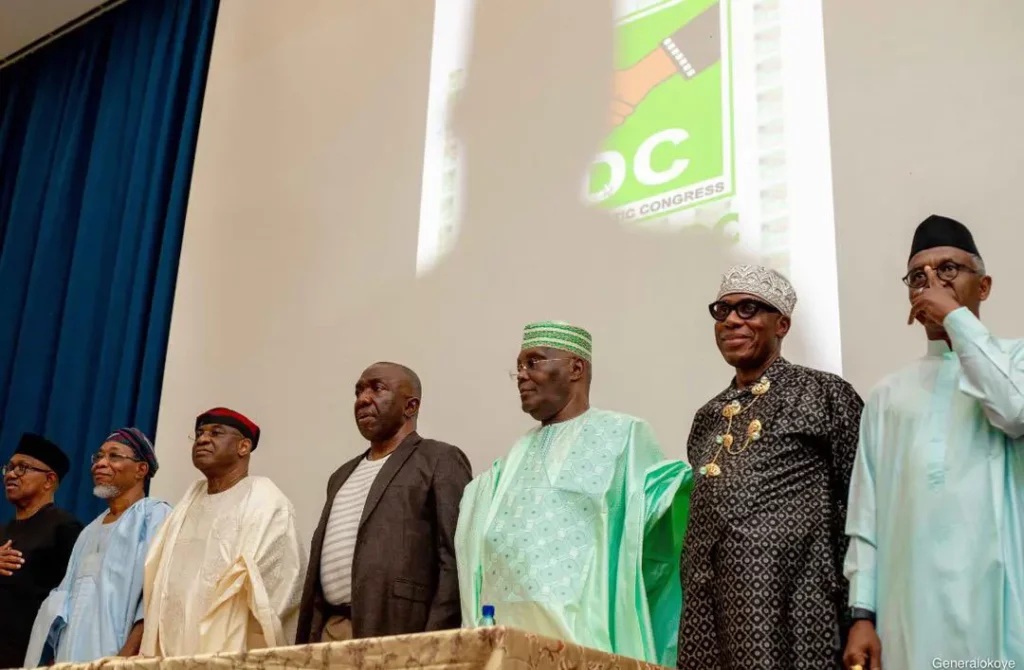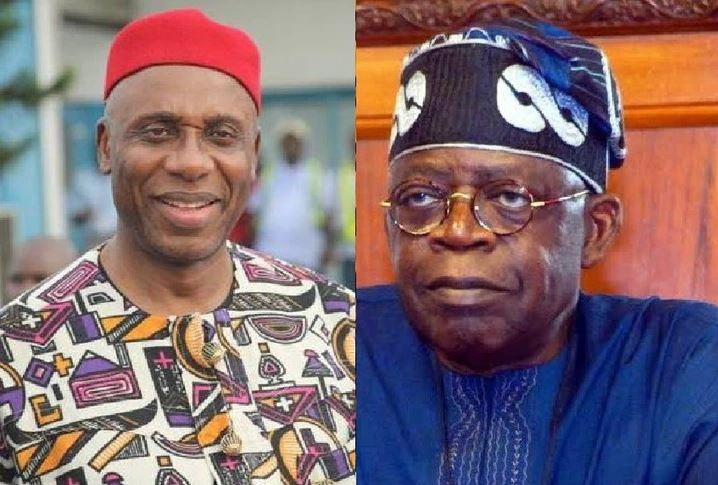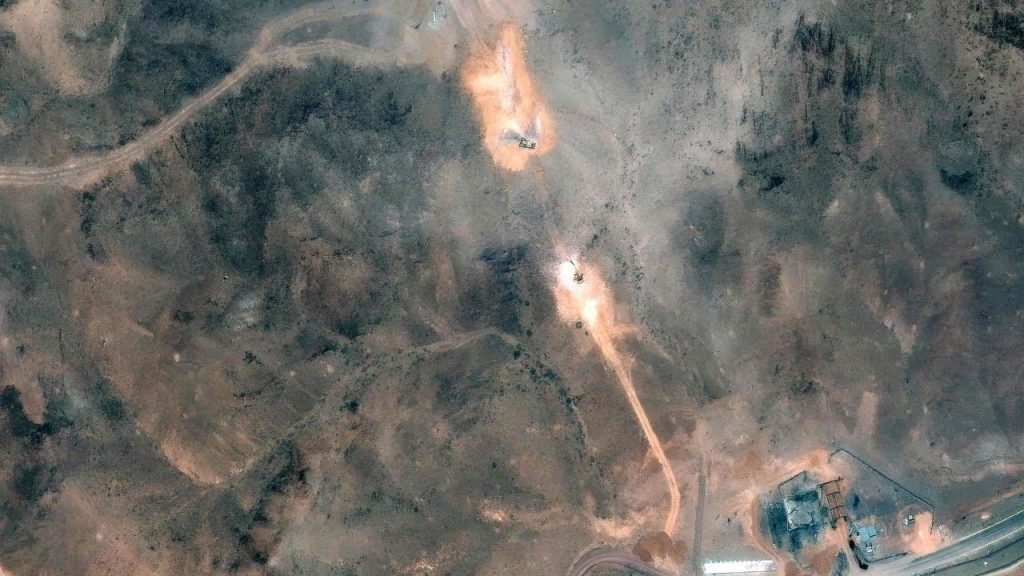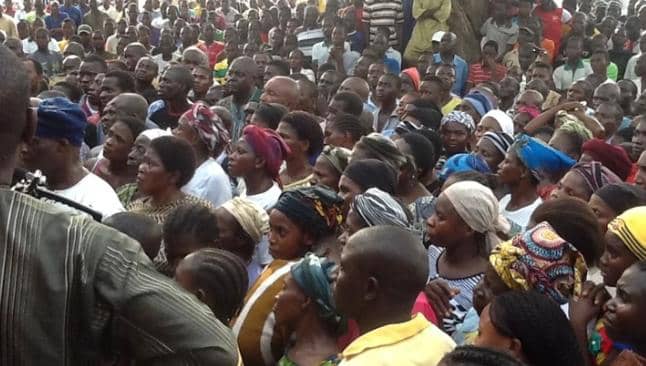News
NEC: Tinubu stands firm on “Tax Reform Bill,” rejects advice to withdraw

President Bola Tinubu has rejected the National Economic Council (NEC) call to withdraw the Proposed Tax Reforms Bill from the National Assembly, acknowledging his commitment to following the legislative process.
In a statement released on November 1, 2024, Tinubu’s media aide, Mr. Bayo Onanuga, verified that the president remains firm on making sure that the bill, which is under review in the National Assembly, follows the standard legislative procedures.
Amid the concerns raised by stakeholders, mainly from northern regions, the NEC had urged Tinubu’s administration to withdraw the bill for reassessment.
As reported by the Diaspora Digital Media (DDM), the president perceives the legislative process as an opportunity for public contributions and necessary revisions.
“Tinubu applauds the NEC members, especially Vice President Kashim Shettima and the governors in the thirty six states of the federation, excluding the Federal Capital Territory (FCT) , for their advice,” Onanuga stated.
“He believes that the legislative process, which has already started, provides an avenue for contributions and necessary changes without withdrawing the bills from the National Assembly.”
Onanuga further stressed that individuals or groups with comments or contributions are encouraged to be present at the upcoming public hearings and speak up their concerns.
“While encouraging the NEC to allow the process to take its full course, the president gives room for further consultations and interaction with key stakeholders, the Pulse reported.
The statement added that the administration emphasizes the need for openness to feedback while respecting legislative norms.
“To support his position, Tinubu focuses on balancing openness and public contributions, by ensuring the Proposed Tax Reforms Bill benefits everyone as it passes through Nigeria’s legislative mediums.”
NEC
The National Economic Council (NEC) is a key advisory body in Nigeria, established in 1999, to promote economic cooperation and coordination among the three tiers of government.
Objectives of NEC
The council’s aim is to foster economic development and cooperation among states and the federal government.
Also, it aims to provide a platform for discussing economic issues and policies, and promote national economic integration.
Besides, its establishment aims to advise the president on economic matters.
Composition of NEC
The council comprises the Vice President (Chairman), 36 State Governors, Governor of the Central Bank of Nigeria (CBN), Minister of Finance, Budget and National Planning, Minister of Trade and Investment, and other relevant ministers and experts (as invited)
Functions of NEC
The NEC reviews national economic policies and programs, and coordinates economic planning and development, and advises on resource allocation and utilization.
Besides, it promotes public-private partnerships, addresses economic challenges and disparities among states, and fosters interstate interaction..
Meetings
The national council meets quarterly to discuss economic issues, with the meetings being chaired by the Vice President.
Decisions are reached through consensus or majority vote.
Key Initiatives
National Economic Recovery and Growth Plan (2017-2020), Ease of Doing Business Initiative, Agriculture and Food Security Program, National Infrastructure Development Plan, and Social Investment Programs (e.g., N-Power, Conditional Cash Transfer) are all the NEC’s initiative.
Benefits
The NEC enhances economic cooperation among states and the federal government.
It Improves policy coordination and implementation, increases private sector participation in economic development, better resource allocation and utilization, and promotes national economic growth and development.
Challenges
Implementation of decisions and recommendations, funding constraints, coordination among multiple stakeholders, addressing regional economic disparities, and balancing competing interests among states are all challenges faced by the NEC.
Recent Developments
NEC approved the 2020-2025 National Development Plan, launched the National Livestock Transformation Plan, and established a committee to address the impact of COVID-19 on the economy.
The National Economic Council plays a vital role in promoting economic growth, cooperation, and development in Nigeria. Its efforts aim to improve the lives of citizens and position the country for sustainable economic prosperity.
For Diaspora Digital Media Updates click on Whatsapp, or Telegram. For eyewitness accounts/ reports/ articles, write to: citizenreports@diasporadigitalmedia.com. Follow us on X (Fomerly Twitter) or Facebook












